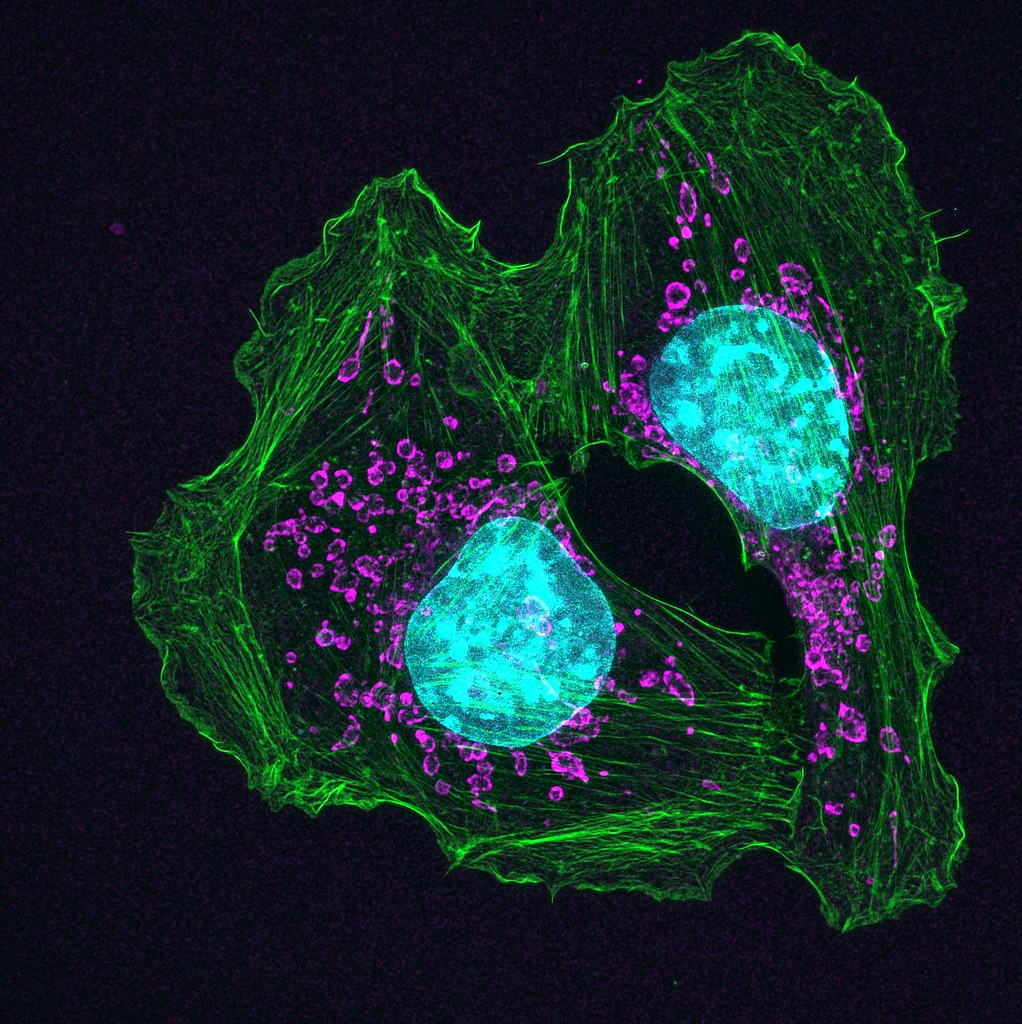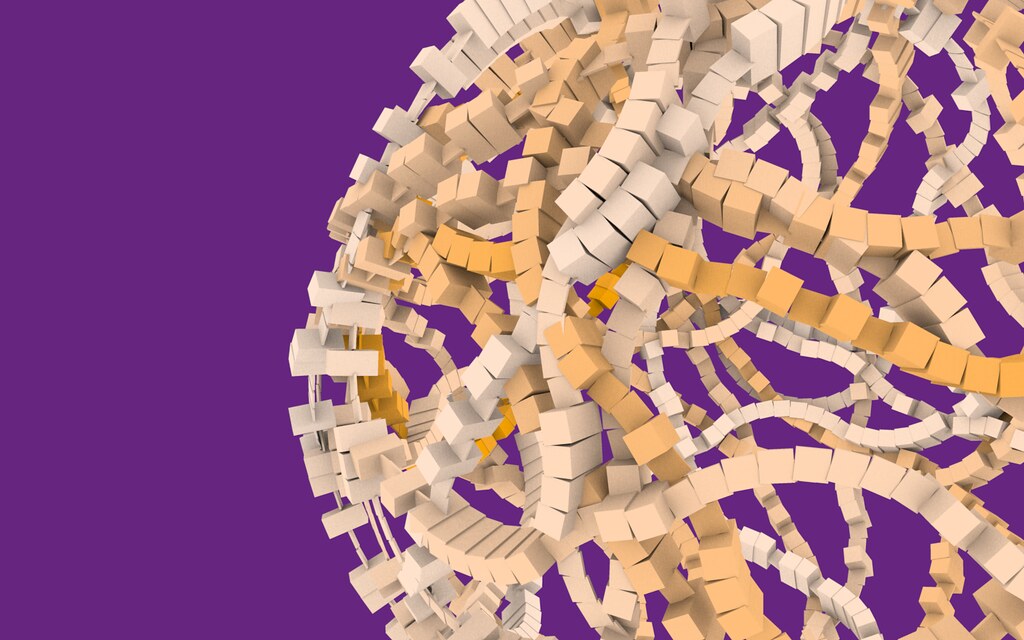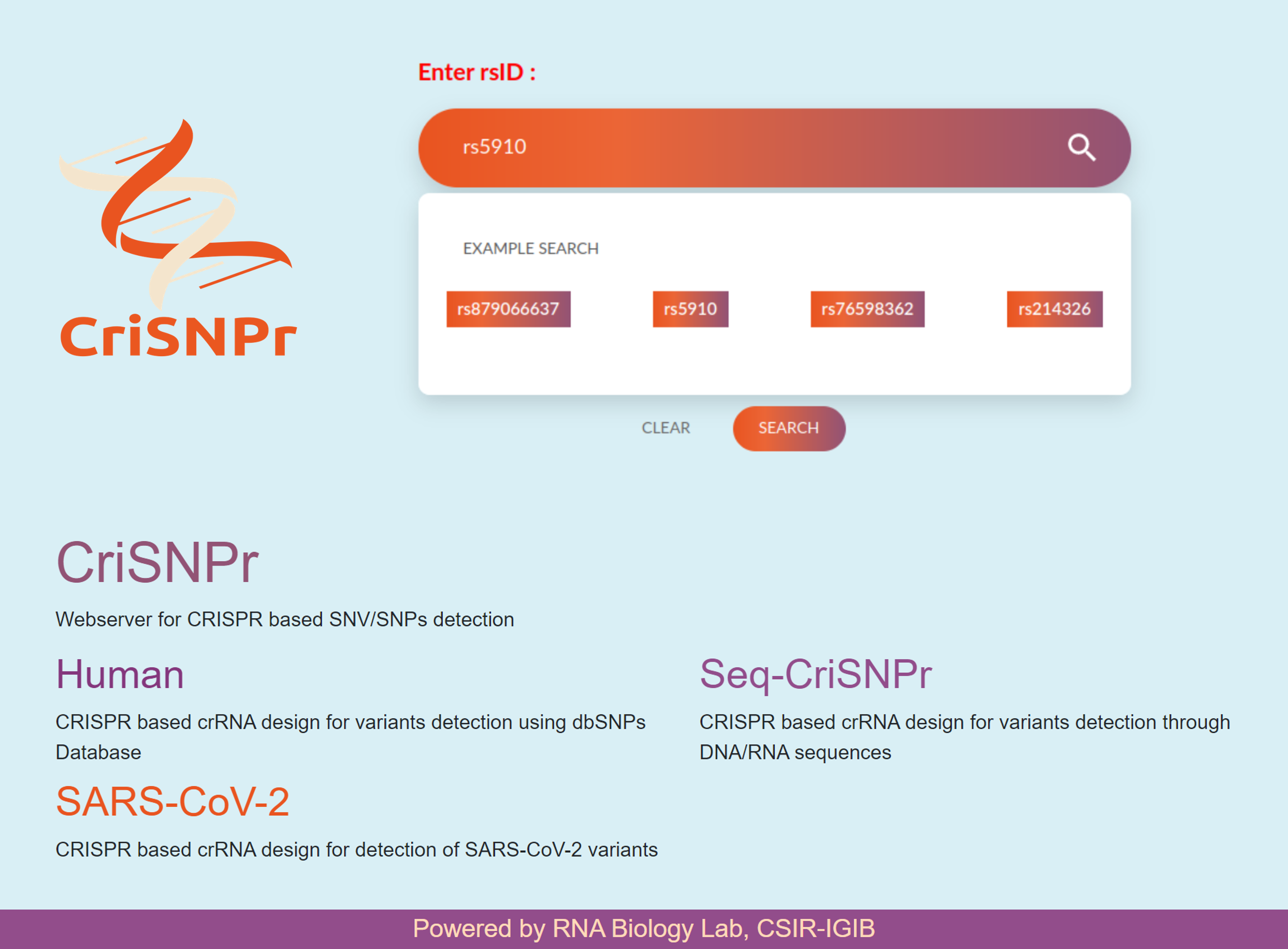A roundup of research articles published in the previous month (16 January 2023 – 15 February 2023) at the institute:
The paradox of vitiligo and cancer


The absence of melanin has been associated with an increased risk of melanoma, like in albinism. In vitiligo, the loss of melanin, caused by the death of melanocytes targeted by autoimmune cells, is expected to confer a similar risk. In the cohort studies conducted so far, it seems that the opposite is true. This can be explained by the fact that the melanocytes are being destroyed by the immune system and the same immune system players would stop the growth of cancer. It is surprising though that the risk of developing other types of cancers (non-melanomas) is also low in people with vitiligo. Vivek T Natrajan’s lab used deep sequencing to identify mutations within cancer-associated genes in the skin tissue of people with vitiligo. Comparison between the lesional and non-lesional skin suggests that the lesional skin in vitiligo may be providing protection from non-melanoma cancer. It would be of interest to further investigate the cause and mechanism of this action.
Whole-Exome Sequencing of Vitiligo Lesions Indicates Lower Burden of Somatic Variations: Implications in Risk for Nonmelanoma Skin Cancers. Gupta I, Shankrit S, Narta K, Ghazi M, Grover R, Pandey R, Kar HK, Menon SM, Gupta A, Yenamandra VK, Singh A, Mukerji M, Mukhopadhyay A, Rani R, Gokhale RS, Dash D, Natarajan VT. J Invest Dermatol. 2022 Dec 17:S0022-202X(22)02884-6.
Data mining for depression diagnostics


The absence of any diagnostic tests is worsened by the variable response to antidepressants. Despite awareness, a large proportion of the population affected by depression does not want to seek treatment. This is not just because of the associated stigma but also because of the long time it takes for the medication to show any improvement in the symptoms and the side effects that often lead to the discontinuation of treatment. Variable response to antidepressants and the absence of any diagnostic tests further worsens the situation. Thus, an approach to tackle the rise in cases of depression and anxiety is by developing diagnostic tests. Ritushree Kukreti’s lab used an in silico approach to identify genetic variants associated with major depressive disorder using the available data. Further validation is needed to establish the identified variants for being developed into diagnostic markers.
Genetic Landscape of Major Depressive Disorder: Assessment of Potential Diagnostic and Antidepressant Response Markers. Singh P, Srivastava A, Guin D, Thakran S, Yadav J, Chandna P, Sood M, Chadda RK, Kukreti R. Int J Neuropsychopharmacol. 2023 Jan 19:pyad001
Need for genomic surveillance of infectious diseaes


In this study, Sridhar Sivasubbu’s lab documents the importance of genome sequencing and surveillance of infections. They sequenced the whole genome of the lumpy disease virus extracted from the recent outbreak in India, wherein 8000 cattle died. The previous outbreak of the lumpy disease virus in India (2019) reported no mortality. They identified genetic variants that were absent in the reference genome of the 2019 virus, which explains the mortality seen in this recent outbreak.
The genome sequence of lumpy skin disease virus from an outbreak in India suggests a distinct lineage of the virus. Bhatt L, Bhoyar RC, Jolly B, Israni R, Vignesh H, Scaria V, Sivasubbu S. Arch Virol. 2023 Feb 5;168(3):81.
CRISPR-based SNP recognition


Sensitive and specific diagnostic tools are still lacking for numerous infectious and non-infectious diseases. CRISPR-Cas-based diagnostics (CRISPRDx) for COVID-19 revolutionized the field. The robustness, ease, and quick pace of developing a diagnostic test using CRISPRDx were realized during the pandemic. In this study, Debojyoti Chakraborty’s lab fills the gap that exists between the initiation and the execution of a CRISPRDx with a web tool – CriSNPR (CRISPR-based SNP recognition). This tool can help users who have limited knowledge of designing guide RNAs for CRISPR-Cas-based targeting of genetic loci. It also provides a guide RNA database for human and SARS-Cov2 gene variants.
CriSNPr, a single interface for the curated and de novo design of gRNAs for CRISPR diagnostics using diverse Cas systems. Ansari AH, Kumar M, Sarkar S, Maiti S, Chakraborty D. Elife. 2023 Feb 8;12:e77976.
